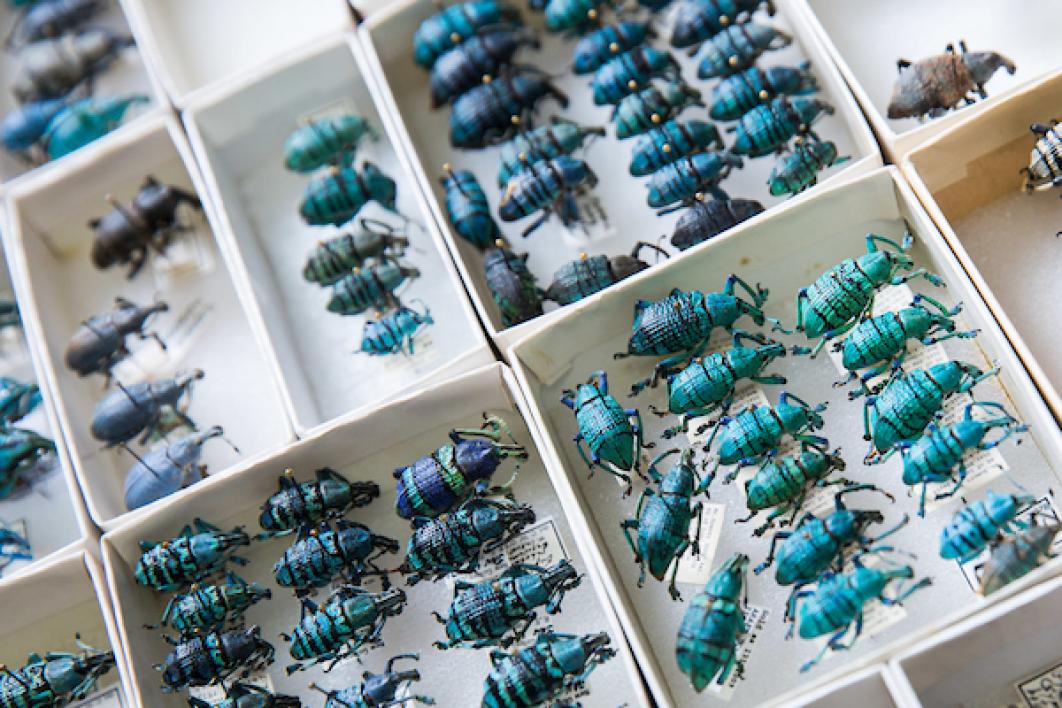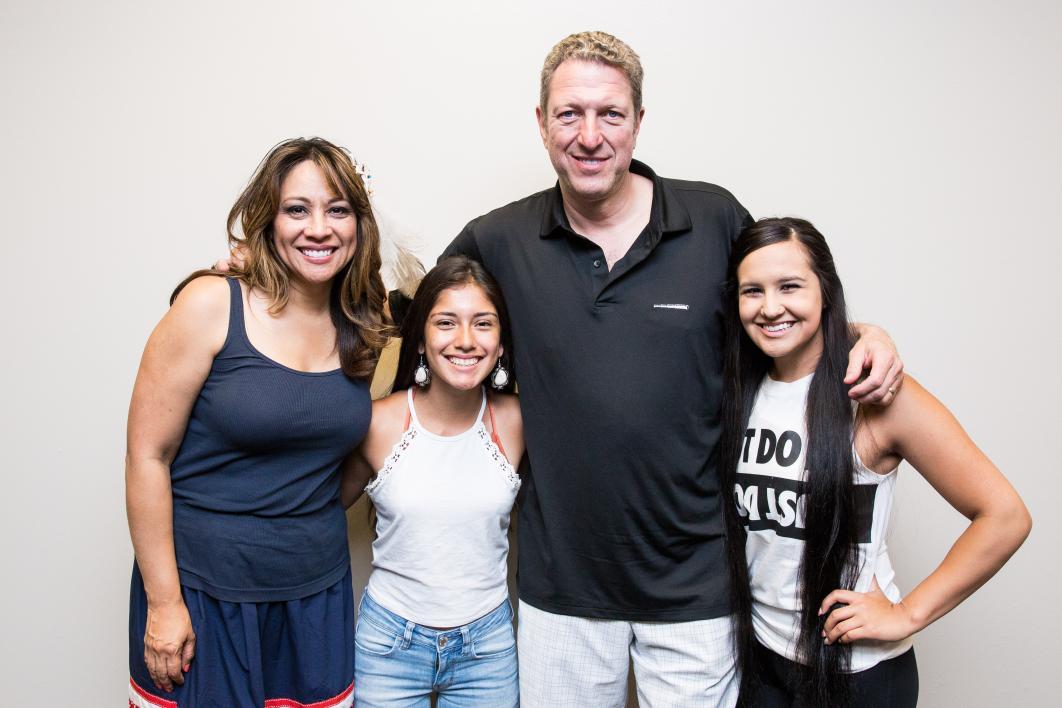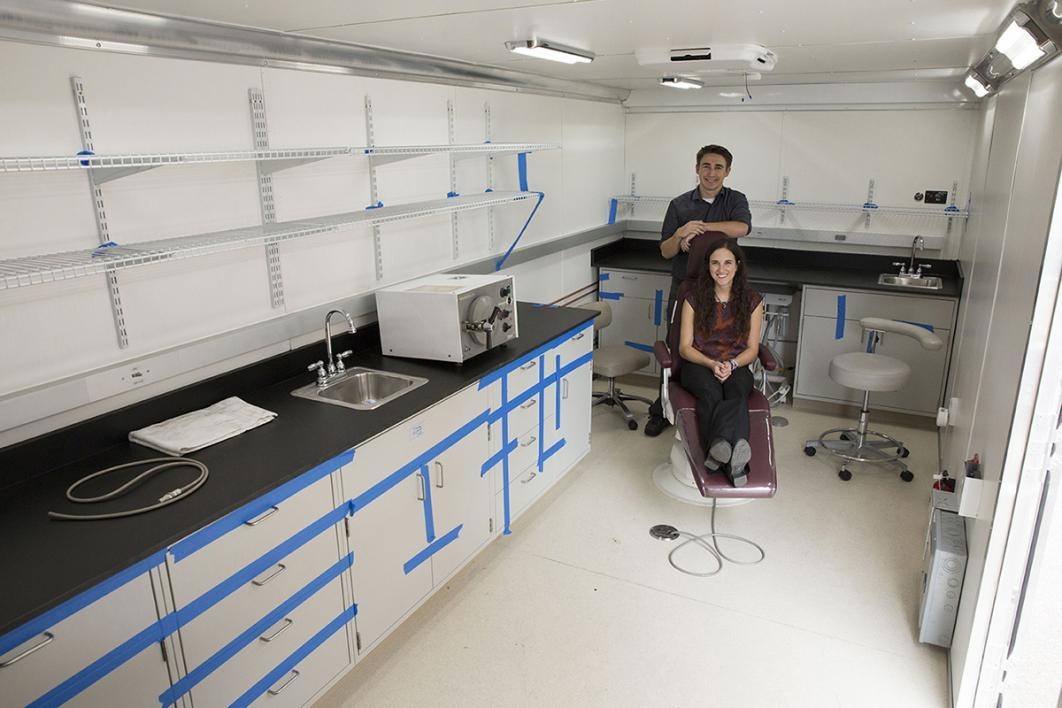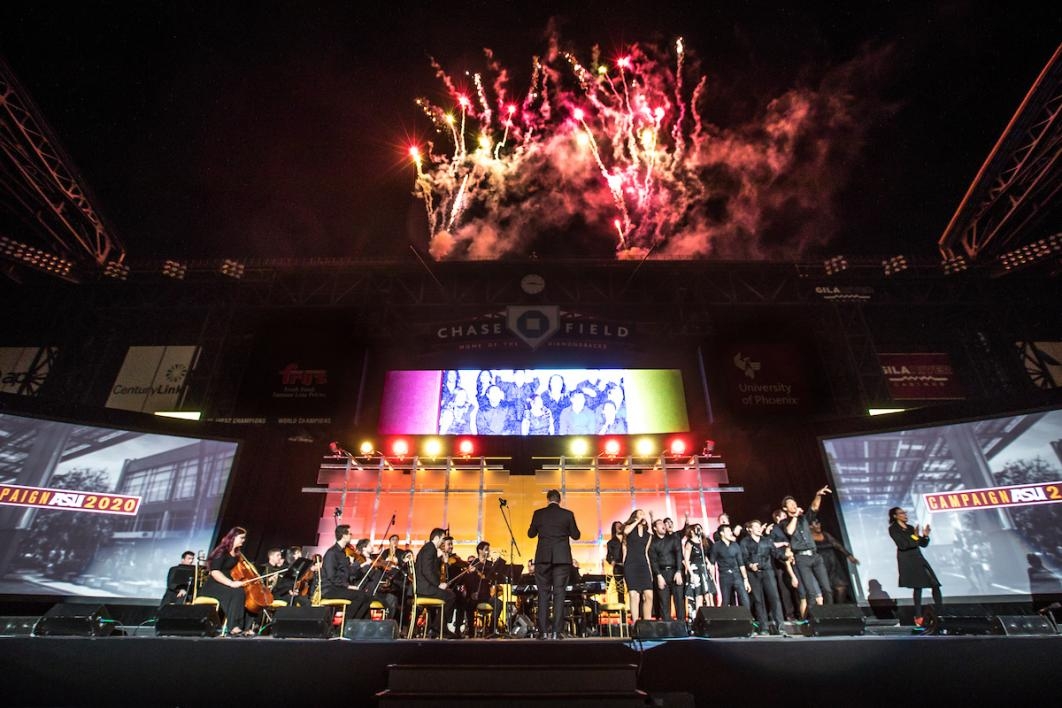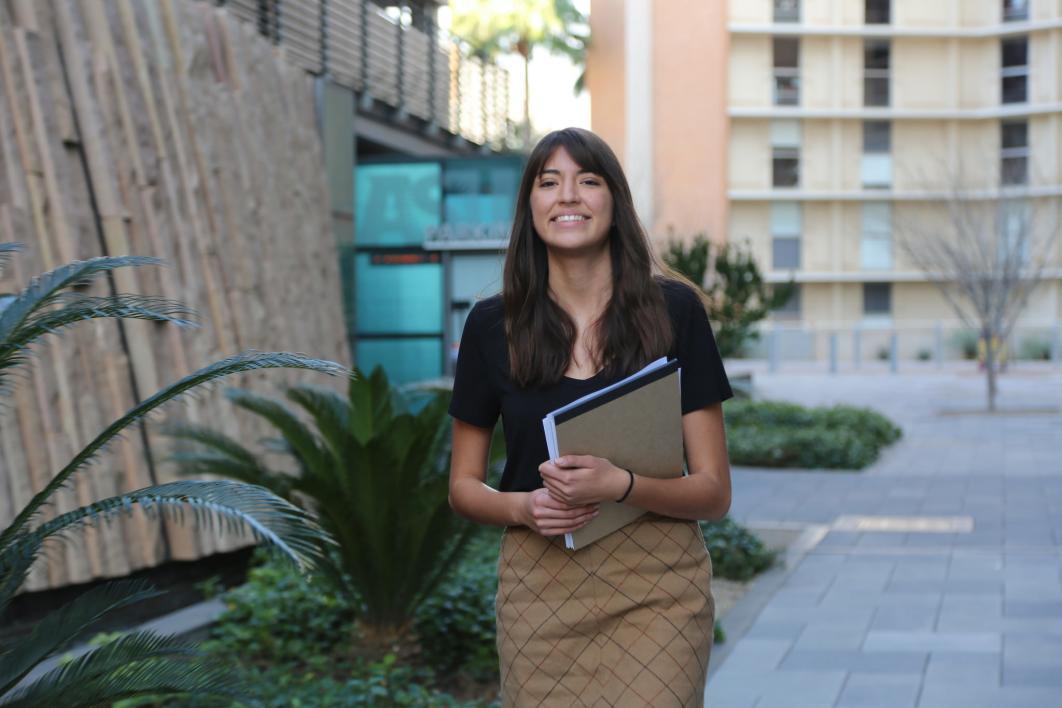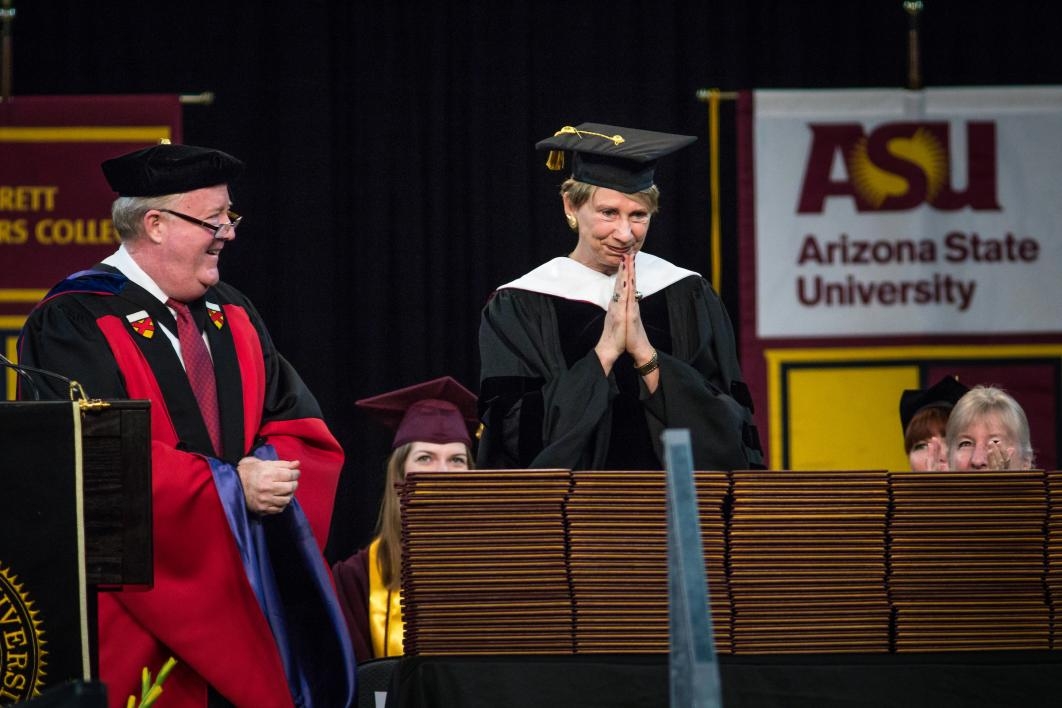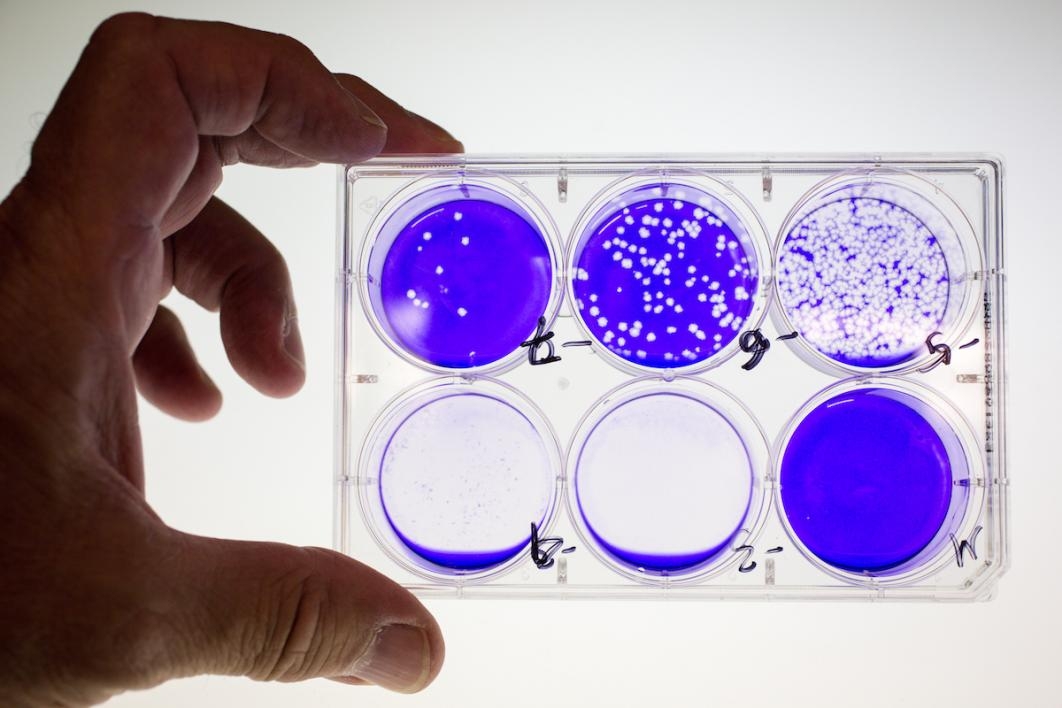ASU Foundation sets fundraising record, generates more than $220M for university’s programs, services
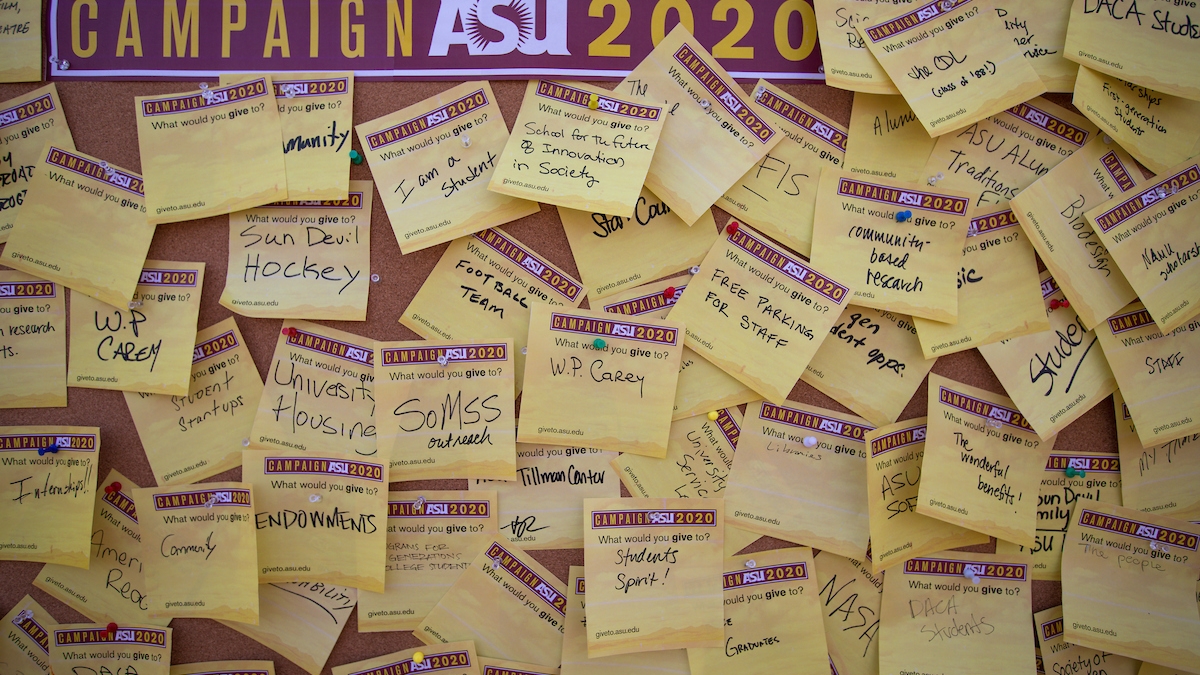
In the months following the launch of Campaign ASU 2020, a comprehensive resource-raising effort to sustain and grow Arizona State University’s educational activities, the ASU Foundation has announced the completion of a record year in fundraising for academic programs, research and services at the university.
At the close of the 2017 fiscal year, early estimates show private donors from across Arizona and the world contributed more than $220 million for ASU to enable access and excellence within higher education. The previous record of $215 million was set in fiscal year 2016.
“We’re trying to build something that the university needs going forward, which is a culture of philanthropy,” said ASU President Michael M. Crow. “All great universities in the United States are built around philanthropy.”
“This strong momentum indicates that our model is working and that our community is growing in its understanding of the value of private support to the university — and of the value of the university in society,” said R.F. “Rick” Shangraw Jr., chief executive officer of ASU Enterprise Partners, the parent organization to the ASU Foundation.
Campaign ASU 2020 focuses on six priorities — student access and excellence, student success, the academic enterprise, discovery, creativity and innovation, our communities and Sun Devil competitiveness — but donors are able to choose from 5,000 specific areas to make an impact. Those areas range from support for faculty developing space instruments for NASA to travel grants for undergraduates at Barrett, The Honors College to bringing Broadway shows to campus at ASU Gammage.
“I believe ASU is a major life force in our community, and I want to do my part to help it thrive,” said Jeremy Meek, Class of ’09, a donor and President’s Club Young Leader. He is one of more than 100,000 individual, corporate and foundation supporters to give to ASU this year.
Though private support is not a replacement for public funding, it provides the margin of excellence that allows scholars’ experiences to transform from good to great.
Around 8,000 students each year receive scholarships — perhaps the best-known category of support — provided by private donors.
Other beneficiaries include the reinvented Sun Devil Stadium; mid-career professionals hoping to transition to teaching; and the student-run, free health-care clinic for the homeless in downtown Phoenix.
One gift made international headlines when it was announced that Charlie and Lois O’Brien, two of the world’s foremost entomologists, would donate their collection of insect specimens and an endowed professorship to maintain them. The gift is valued at $12 million.
“We are so genuinely grateful for our donors,” said ASU Foundation CEO Gretchen Buhlig. “Because of them, ASU is able to start closing the gap between jobs in Arizona that require a college degree and the number of Arizonans that have one. What’s more, they are genuinely doing good in the world through the research they enable and the programs that help our students who might not otherwise attend or graduate from college.”
The ASU Foundation is a private, nonprofit organization dedicated to advancing the mission of ASU as the New American University. It has consistently received the highest ranking for efficiency and transparency from Charity Navigator, the largest independent nonprofit evaluator, and was named a “Top Company to Work For in Arizona” by azcentral.com.
To learn more about supporting ASU, visit giveto.asu.edu.
Top photo: Sun Devil Giving Day, an annual event each spring, raised more than $3 million in donations large and small from more than 1,000 supporters across the country. Photo by Charlie Leight/ASU Now
More University news

3 ASU students earn Goldwater Scholarships for STEM research excellence
Three Arizona State University students have been named Goldwater Scholars for 2025, placing them among the nation’s most promising undergraduates pursuing research careers in science, engineering…

Provost Teaching Awardees, Charter Professors empower local communities, students
The ASU Charter embodies the university’s commitment to student success and research of public value and responsibility to the community. In recognition of its importance, each year, Executive…

New online Bachelor of Social Work program exceeding enrollment expectations
Social workers are in big demand.Citing U.S. Bureau of Labor Statistics figures, the National Association of Social Workers projected the profession will grow 7% by 2033, faster than the average for…


